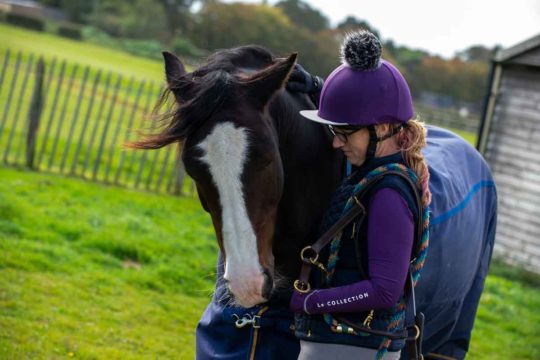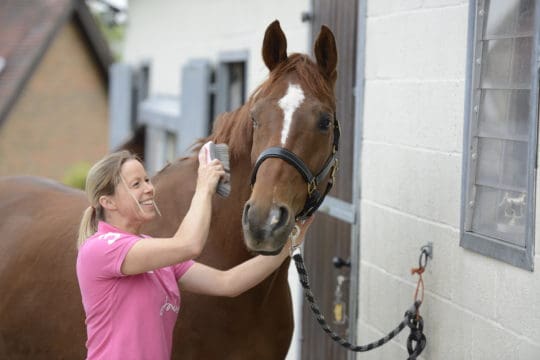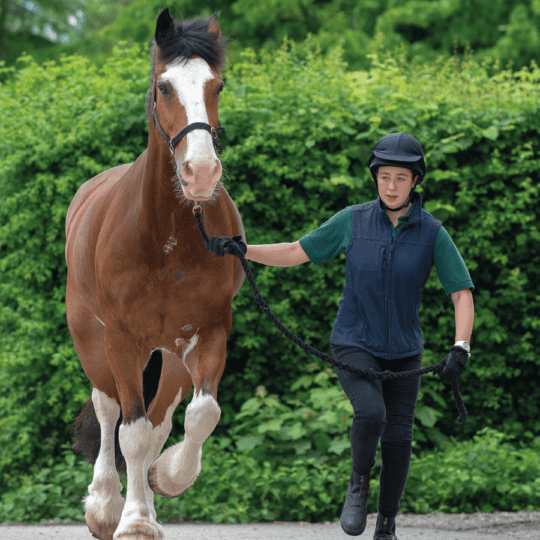
Most Read Articles

Horses in need are facing a postcode lottery in terms of access to welfare services, with research showing that 47% of councils don’t employ an animal welfare officer
The All-party Parliamentary Group on Animal Welfare’s (APGAW) ground-breaking report has revealed that almost half of all local councils in England don’t employ a single person to enforce animal welfare law. This is a disturbing fact when these individuals are charged with the enforcement of swathes of animal welfare legislation, including fly-grazing of horses, licensing of establishments that are keeping animals, microchipping of horses and welfare at sales, with more powers being handed to them over the coming years.
In practice, what this means is that local councils have the responsibility to seize an animal from harm or suffering if the owner is breaching the Animal Welfare Act 2006 in any of the above scenarios, but without someone in place within the council to do that, animals may struggle to get the help they need.
The APGAW believes that if urgent action isn’t taken to install trained animal welfare officers into councils, then countless animals will suffer. The situation is likely to be worsened by the ongoing cost of living crisis, with increases in pet abandonment and neglect often seen when prices rise.
Marisa Heath, APGAW policy adviser, said: “There’s a real picture of inconsistency across England in terms of what services people can rely on from their council for enforcing animal welfare. We believe councils across England need to be supported to use dedicated, well-trained animal welfare officers, enforcing the plethora of legislation impacting animals that is the responsibility of local authorities.
“It is vital that the UK Government and others take note of this report, and work with us to ensure we have well-resourced statutory enforcement bodies ready to collaborate with vets and rescue charities.”
Roly Owers, Chief Executive of World Horse Welfare, said: “Although there’s still a way to go, real progress is being made with improving legislation around animal welfare, but it’ll be wasted if not enforced. To be effective, enforcement needs a major rethink and will require both well-trained, dedicated, officers who could be shared across local authority boundaries to limit the costs, and welfare charities to provide the necessary training and support. Only with a collaborative approach will we see real, tangible benefits for animal welfare.”
You can read the full report entitled ‘Improving effectiveness of animal welfare enforcement’, by visiting apgaw.org











